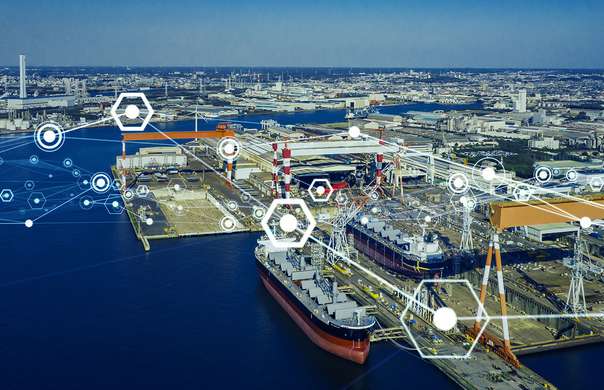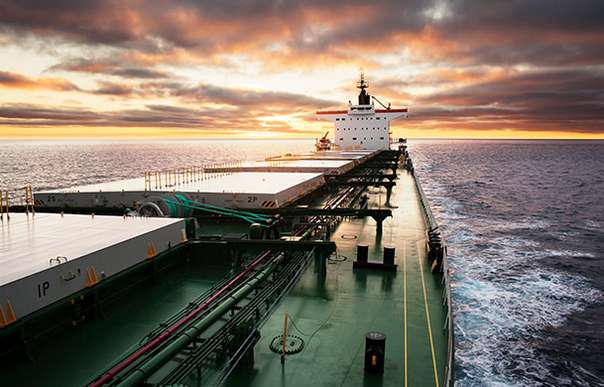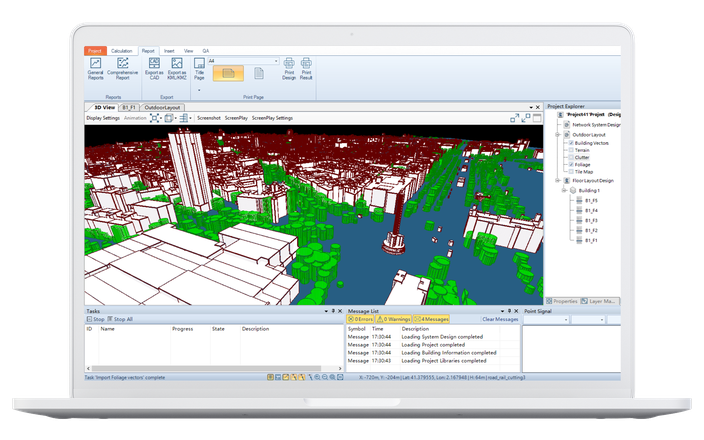DYNCOAST
This project brings together three influential partners: Ranplan Wireless from the United Kingdom, Ampotech, and the Singapore University of Technology and Design. Ranplan’s central objective revolves around tackling the highlighted tasks and challenges head-on.




Reconfigurable Intelligent Surface
Overview
The marine sector is a critical component of the global economy. Over 80% of the volume of the world's international trade is carried by sea. There is increasing interest from governments and corporations to transition from fossil fuel-powered vessels to electric ships to reduce the carbon footprint.
Globally, the Electric Ship Market is projected to grow from USD 4.9B in 2021 to USD 12.8B by 2030. There is an urgent need for solutions to monitor and manage the operation of electric vessels. Reliable communication networks are a critical foundation for the electrification of the marine sector.
As of today, the communication technology used for near-shore vessels is cellular (4G/5G), while ocean-going vessels use satellite communications. Ensuring adequate coastal 5G coverage is a challenge that all governments and maritime operators will have to confront.
Efforts are starting now in Singapore to deploy a coastal 5G network that will be fully implemented in 2025. Electric vessels present new technical challenges (TCs) to both mobile network operators and fleet operators.
**TC-1:** To enable continuous monitoring and optimisation of electric vessel operation, it is necessary to have data such as battery capacity, vessel speed and position, ocean current, and weather; however, how to efficiently collect and store the vast amount of data is an unsolved challenge. Ranplan will be focusing on TC-3 and TC-4.
**TC-2:** How to use the collected data to effectively manage electric fleets and provide predictive maintenance is also challenging.
**TC-3:** Data communication between ship and shore has been identified as the primary challenge in technical ship management, as highlighted in the in-depth whitepaper prepared by Sertica.
**TC-4:** Building a dependable wireless network onboard is crucial, but the intricate radio propagation characteristics caused by the presence of metallic materials on ships present a significant hurdle in strategizing and enhancing the wireless network.
This project aims to address the above challenges by bringing together unique expertise from companies in the energy management (Ampotech) and network planning (Ranplan) industries, together with leading academic experts (QMUL) developing new network optimisation technologies.

Outcome
The main outcomes of the project are:
- An Internet of Things gateway to collect electric vessel data (Ampotech)
- Fleet management software (Ampotech)
- Coastal and vessel network planning software tools, and coastal and vessel network optimisation solutions powered by Reconfigurable Intelligent Surface (RIS). (Ranplan)
In addition, the innovative technologies developed will be tested and refined in the state-of-the-art testbeds at the Singapore University of Technology and Design.
Research News
-
 Company news, Research News
Company news, Research NewsRanplan Wireless Awarded Research Grant to accelerate transition to a Cloud-native Architecture
-
 Company news, Research News
Company news, Research NewsRanplan awarded €225K EU research project to optimise 5G network slicing
-
 Company news, Research News
Company news, Research NewsRanplan Wireless has been awarded €600k for an EU 5G network slicing research project
-
 Company news, Research News
Company news, Research NewsRanplan Wireless wins £300k contract from UK Government to develop data analytics platform to predict city congestion and power urban smart mobility
Discover how Ranplan Professional can help you achieve accurate network design and significant cost savings
Explore Ranplan Professional